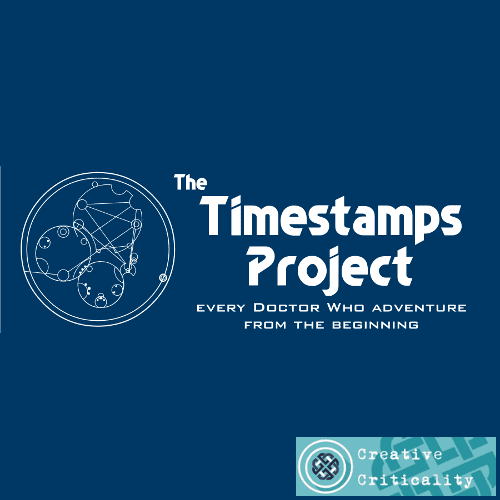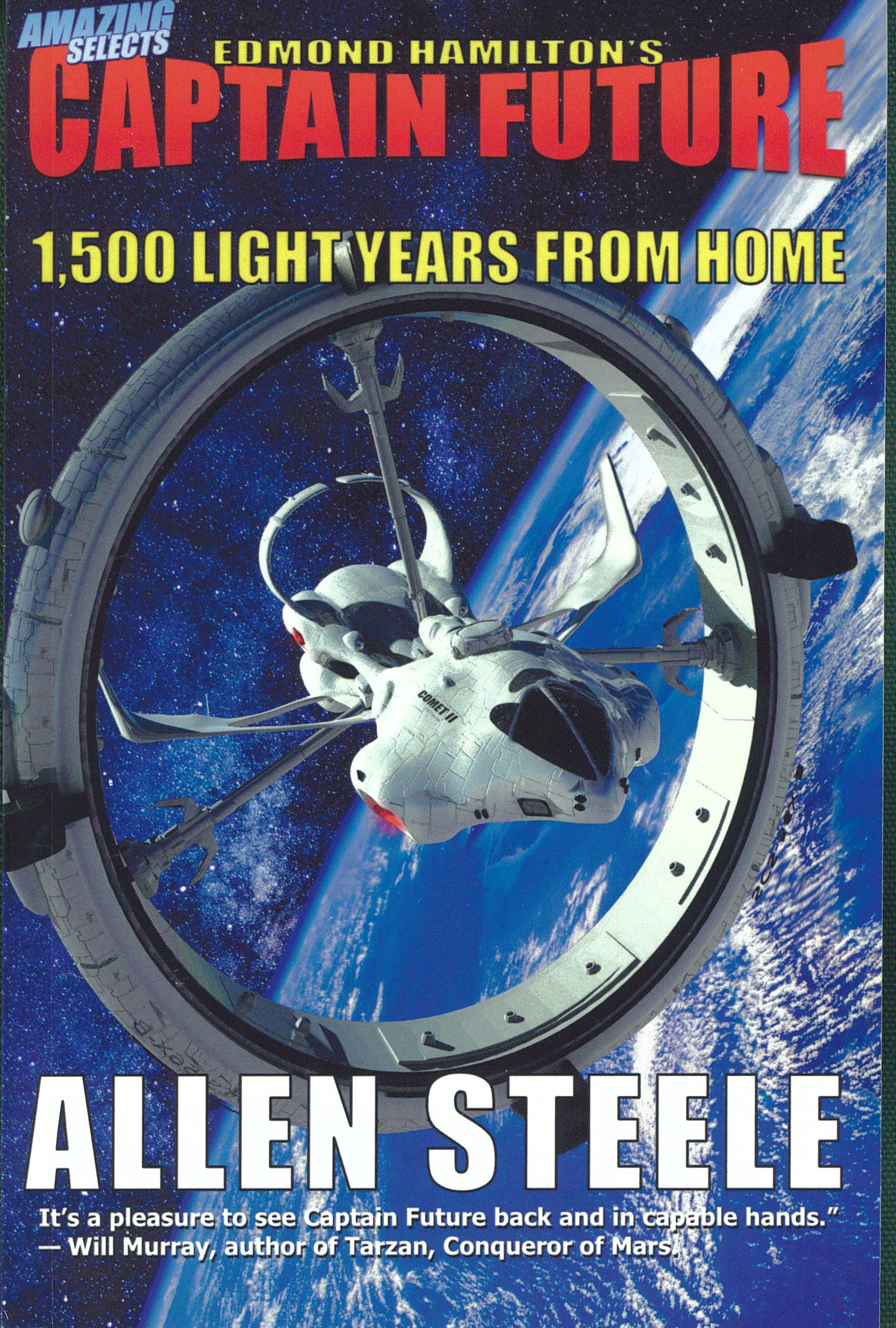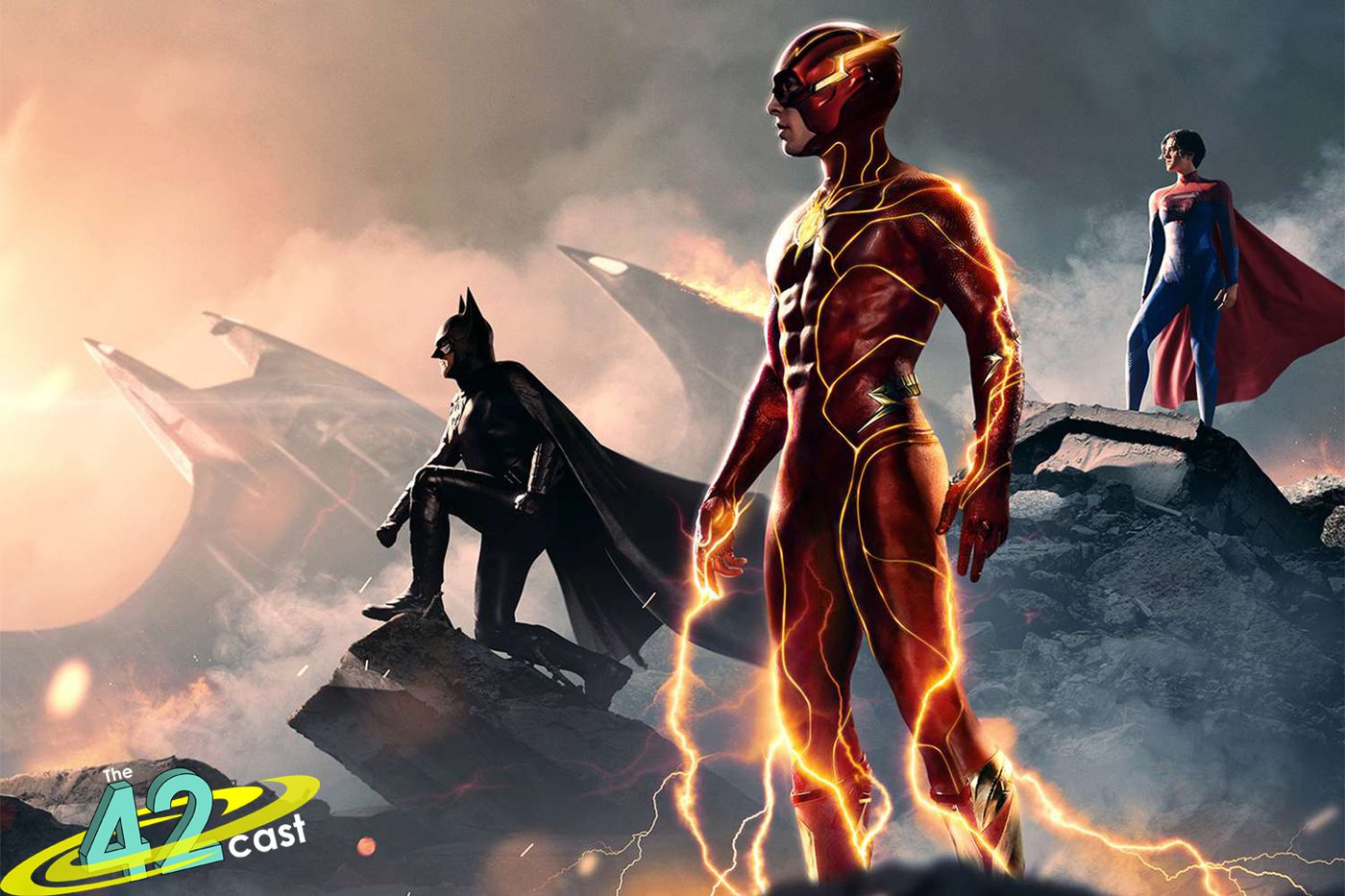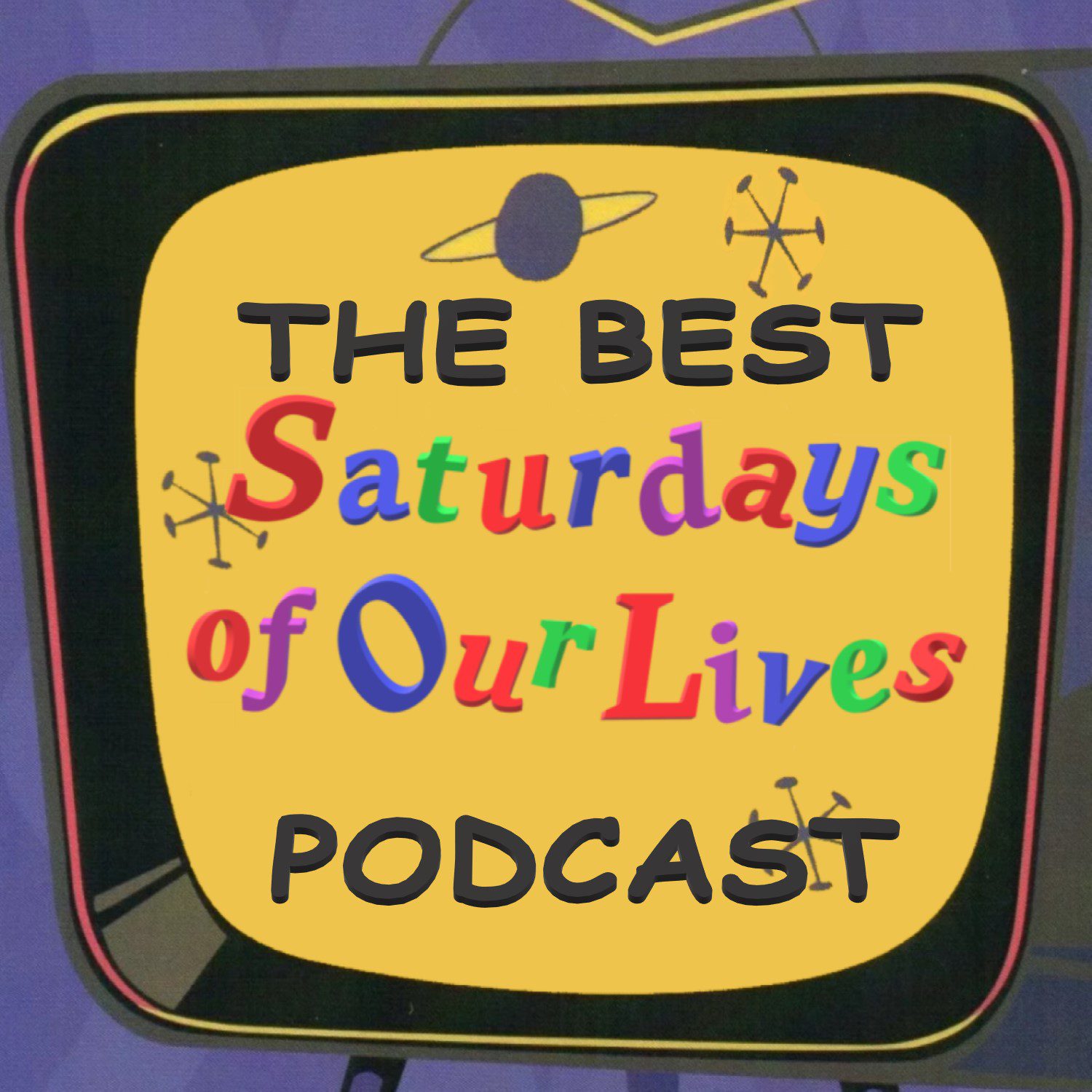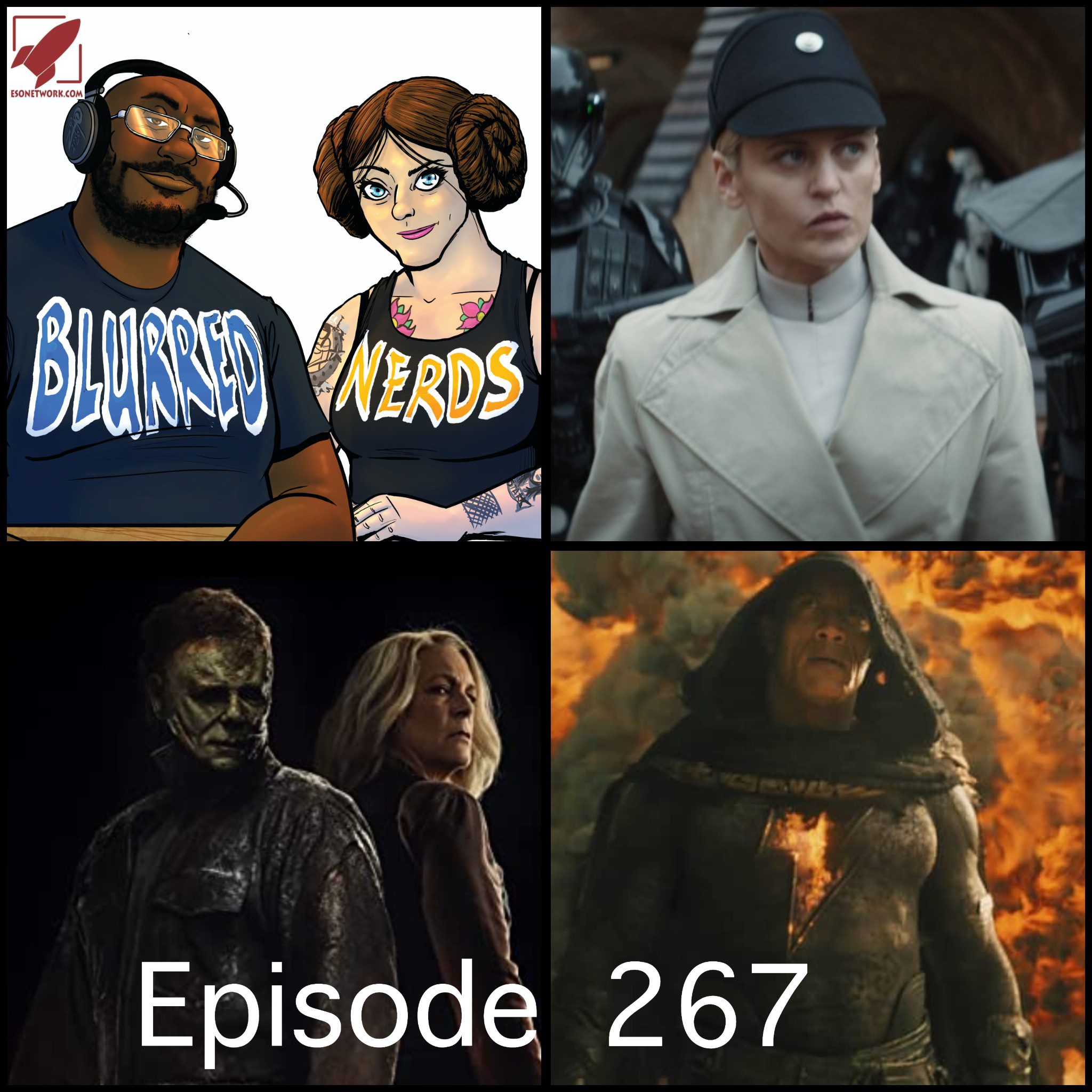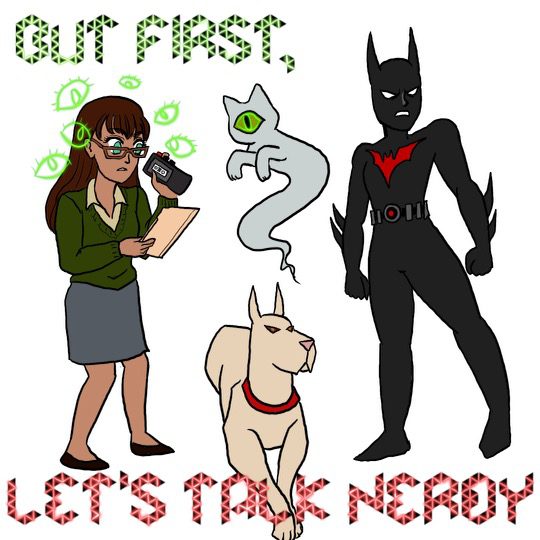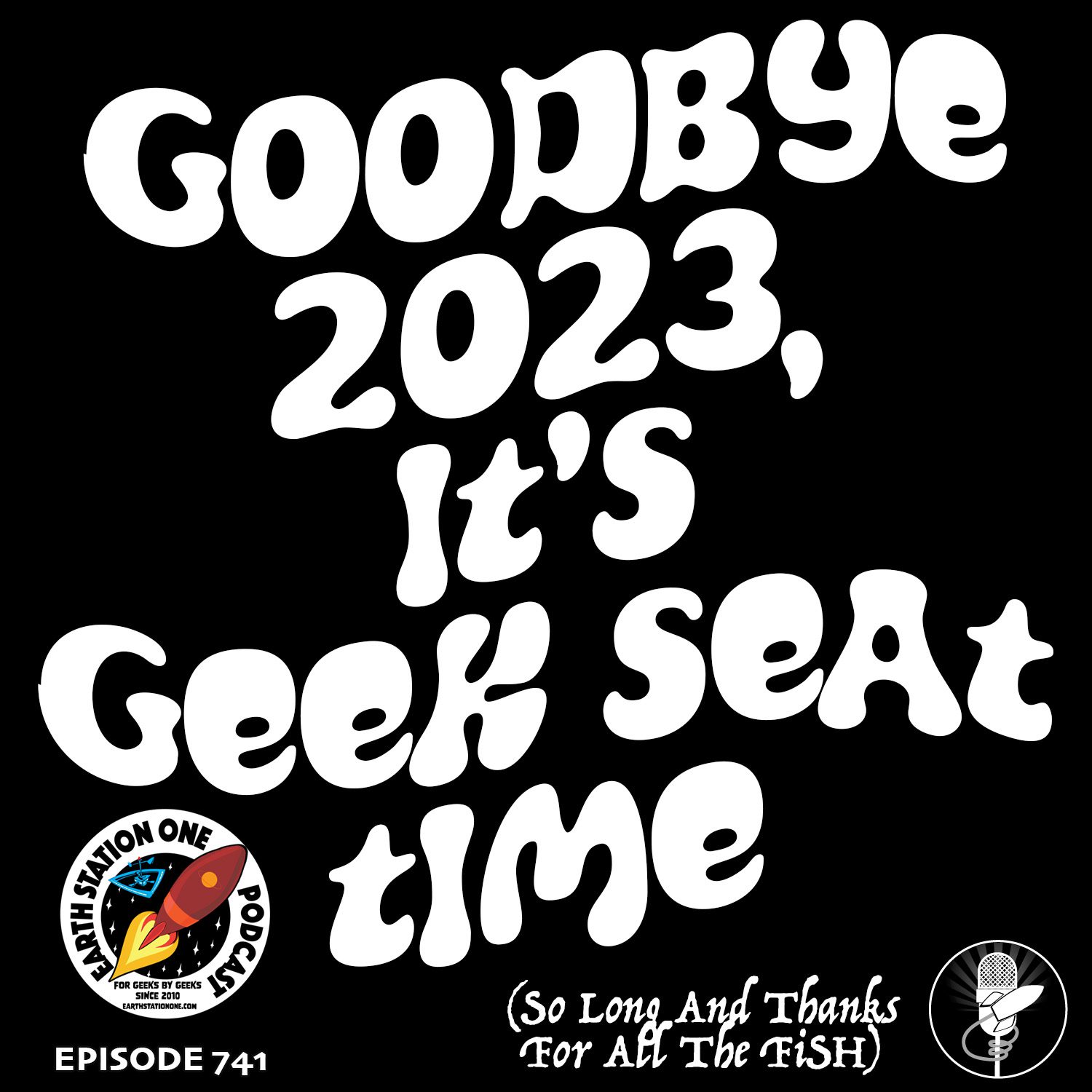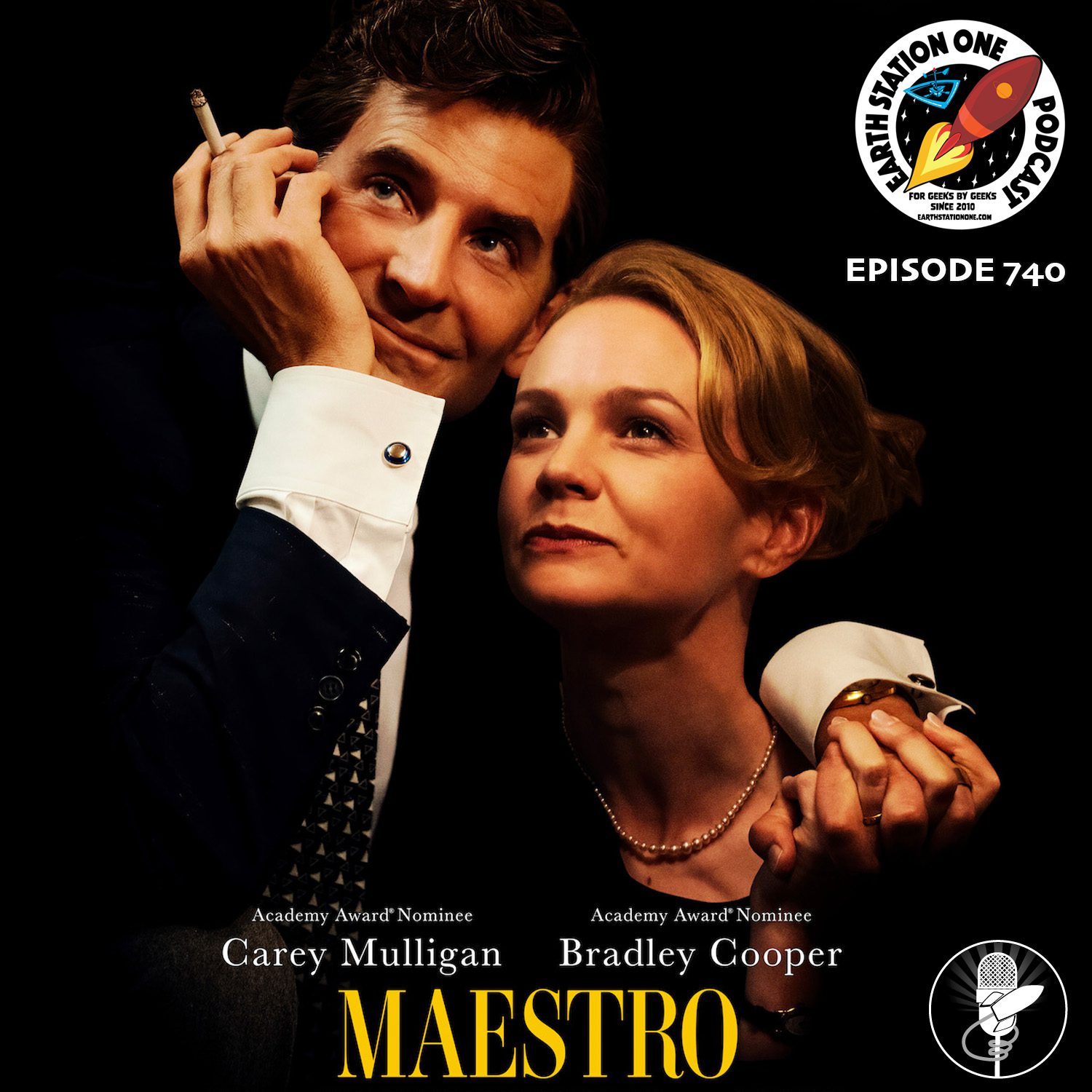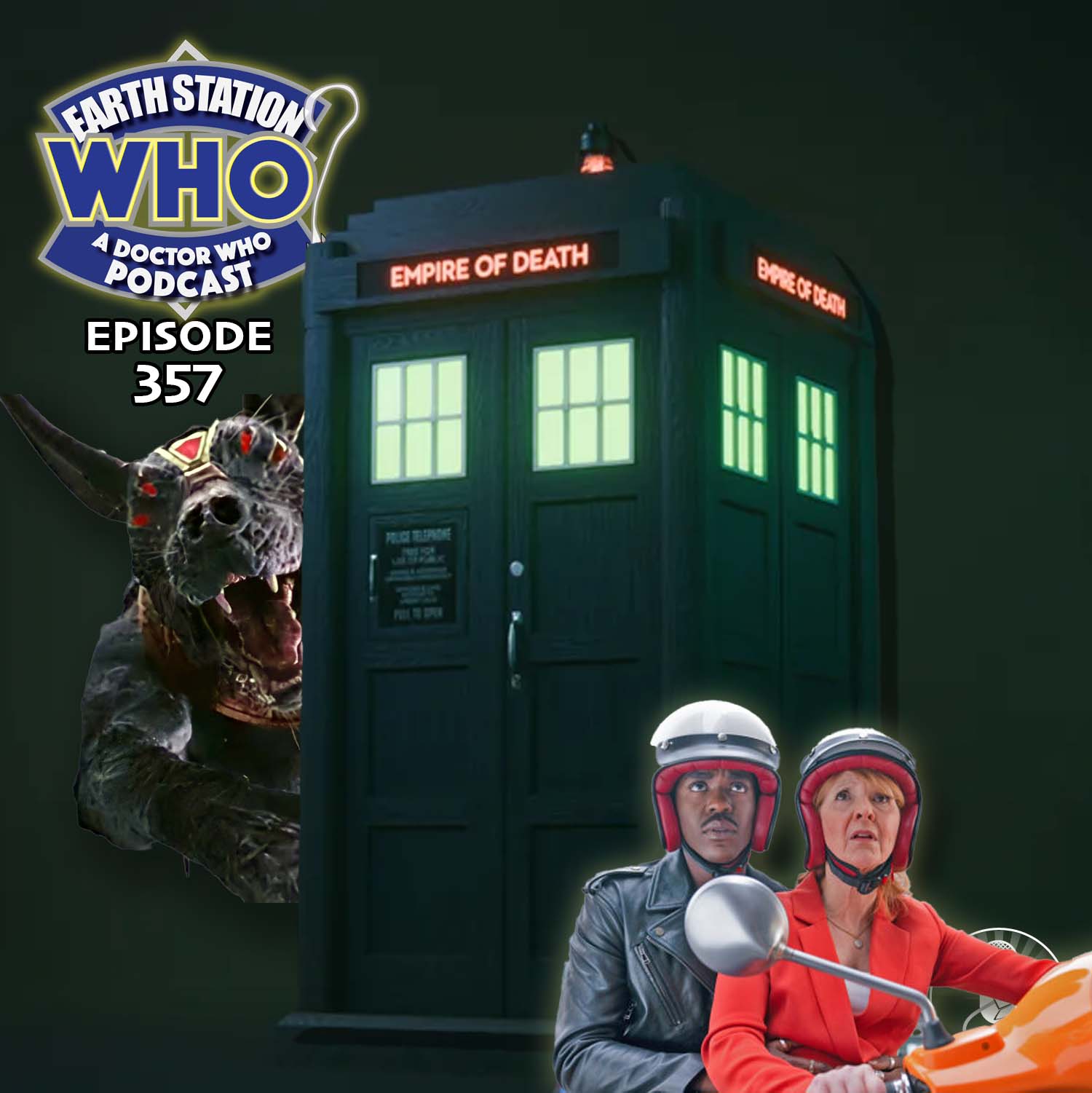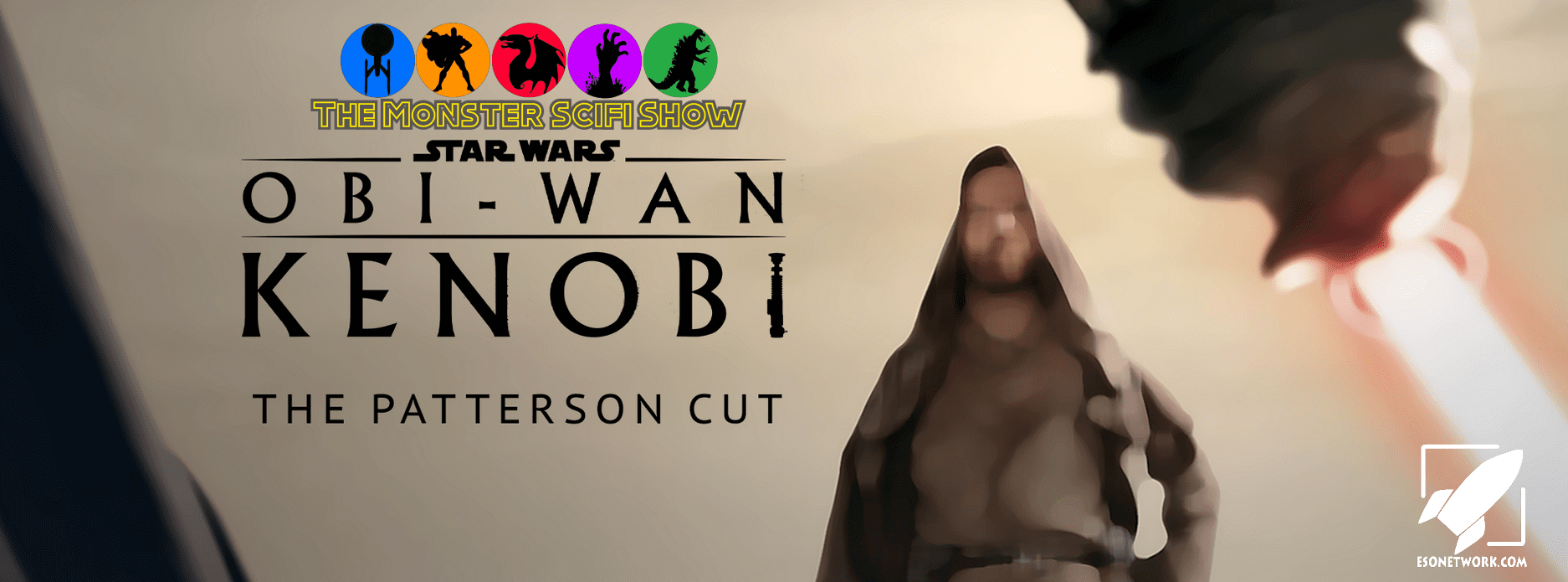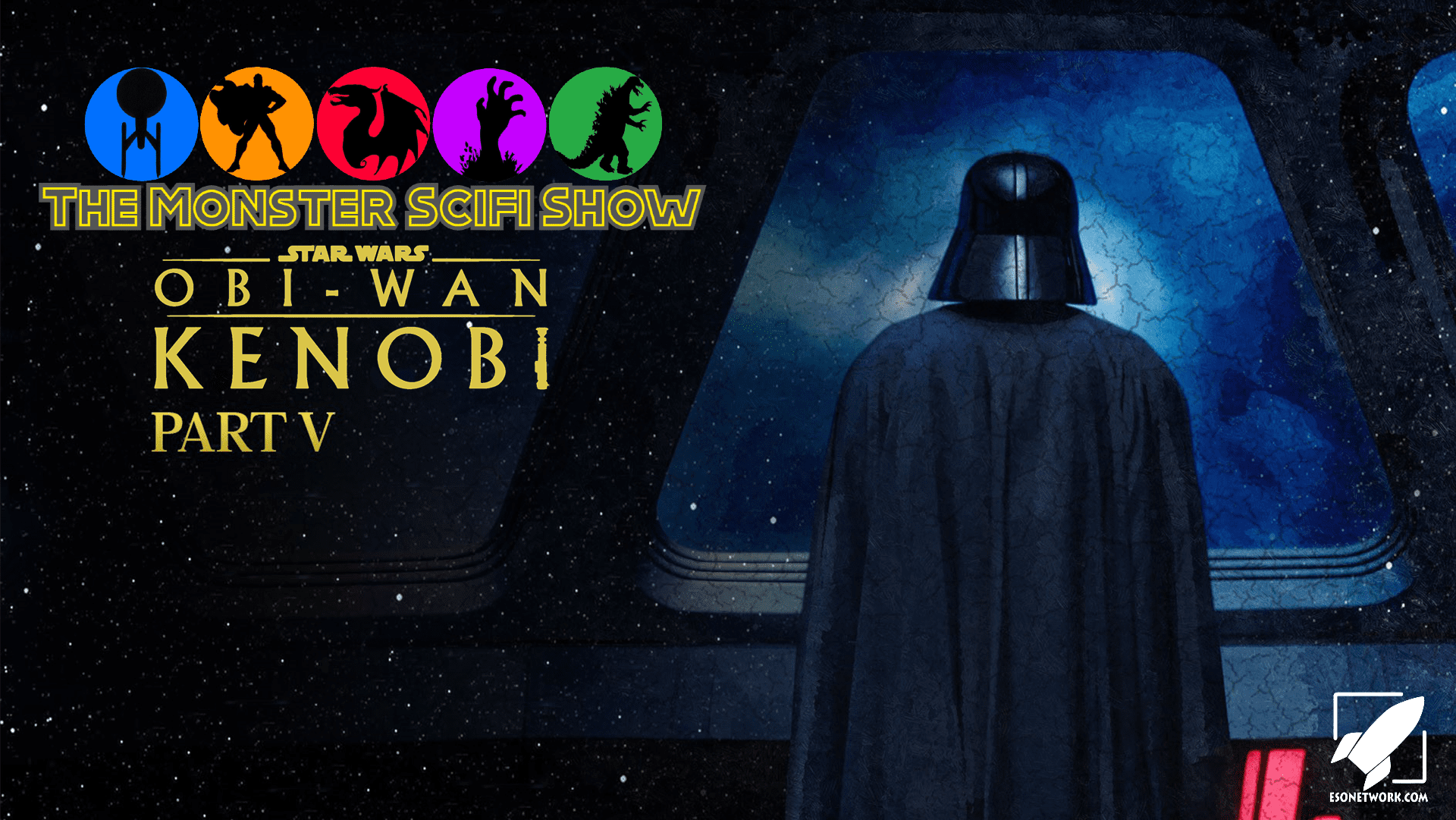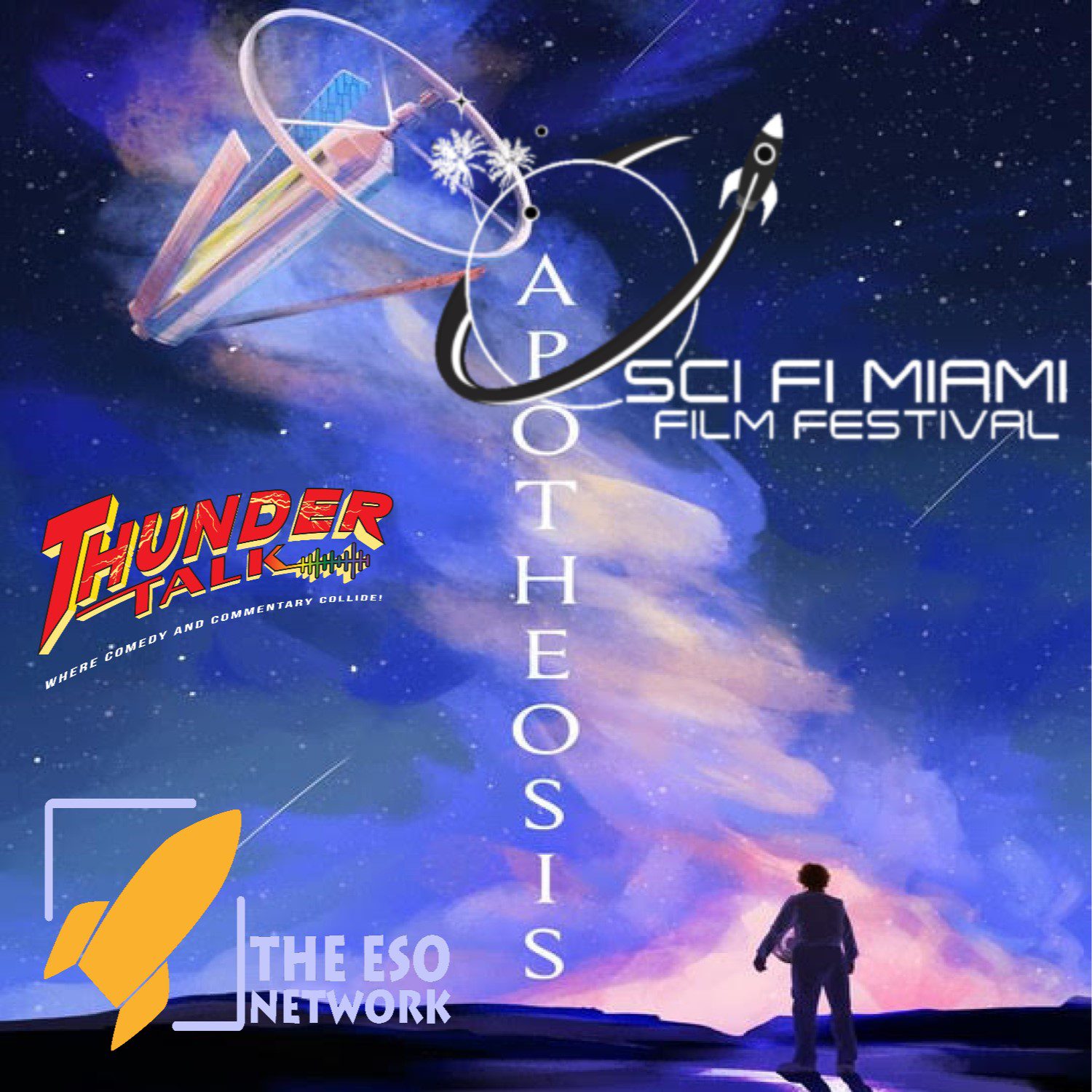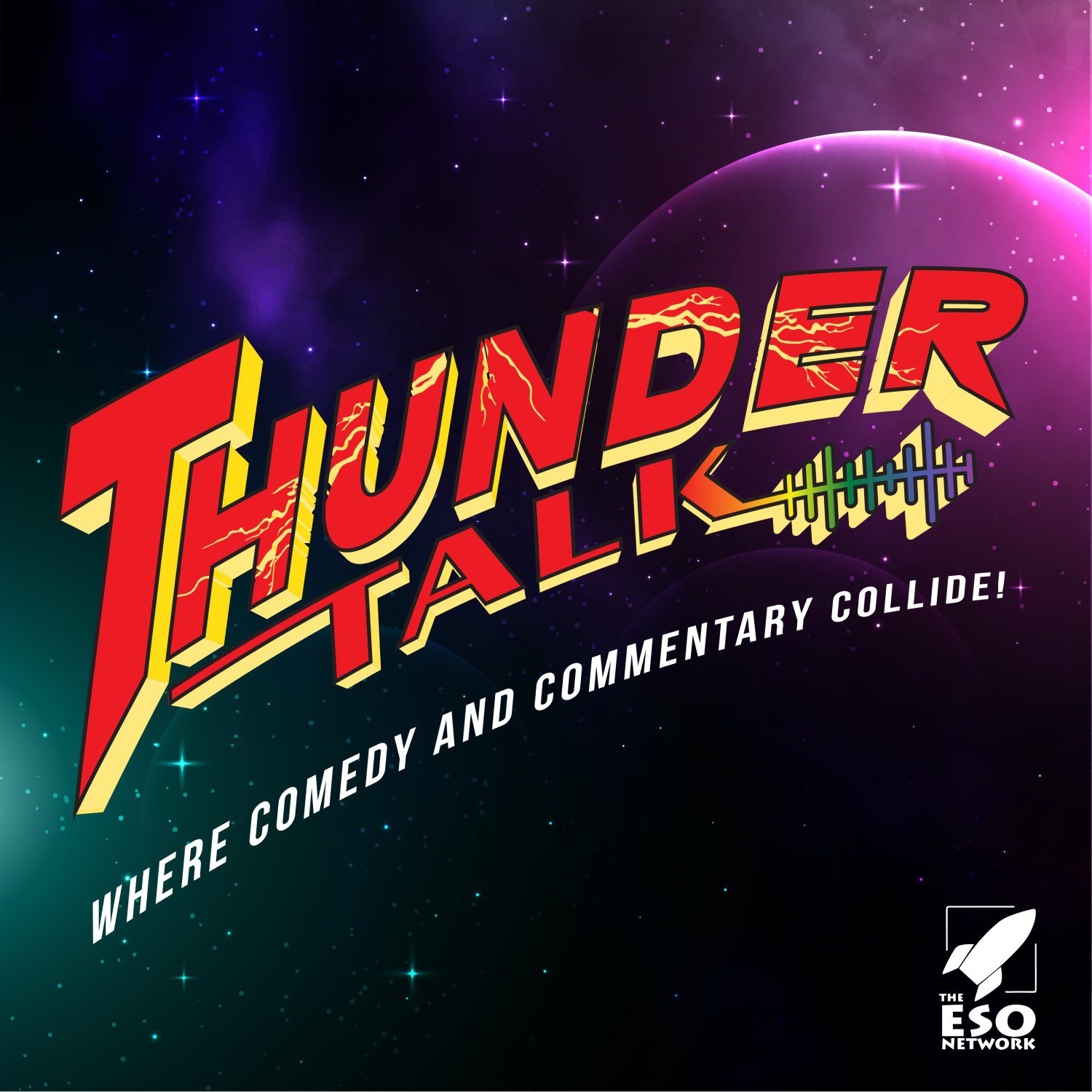Doctor Who: Twenty-Third Series and Sixth Doctor Summary
The Trial of a Time Lord
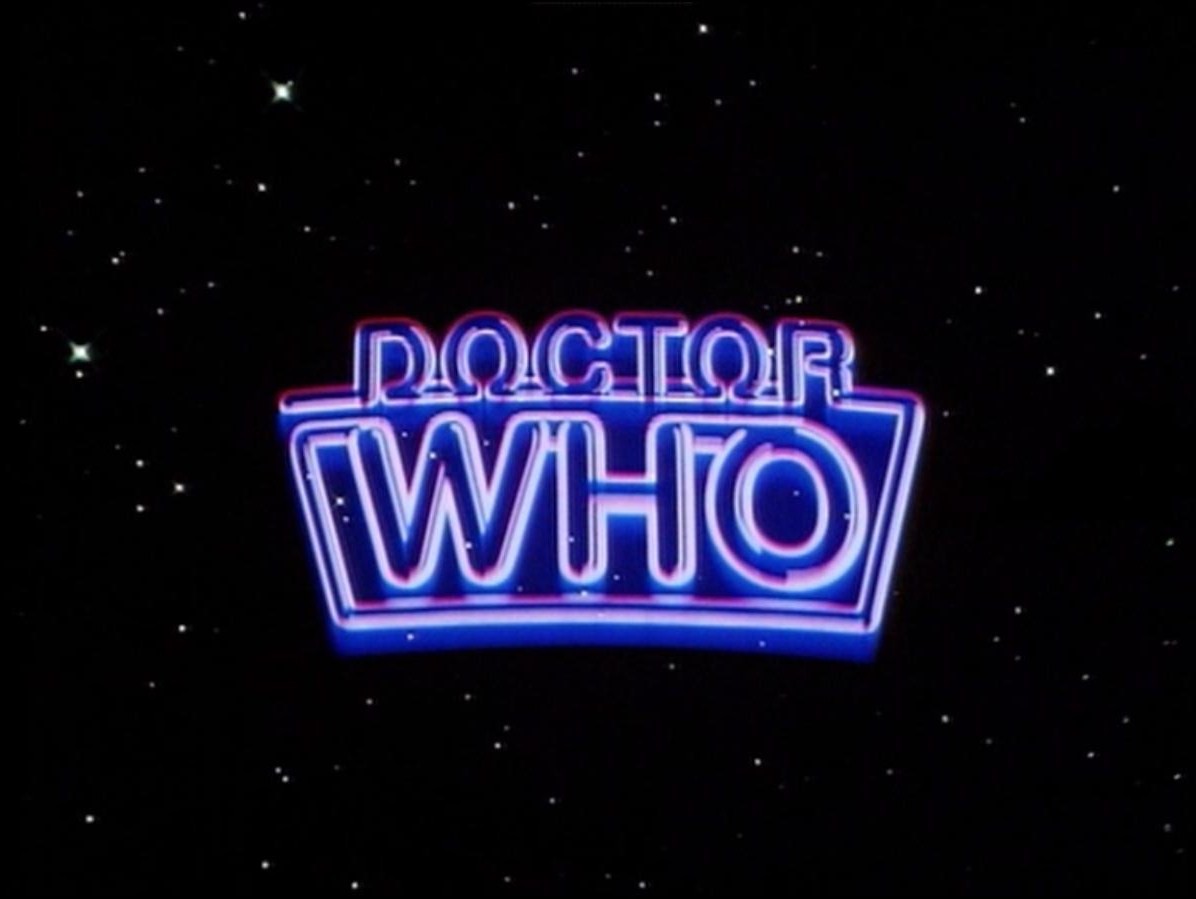
It was a decent defense against an indictment of the franchise.
After the Twenty-Second Series, it was hard to imagine where Doctor Who could go. It was presumably harder to fall further, but the loss of goodwill for the Sixth Doctor was hard to overcome. The Twenty-Third Series split that difference.
The Trial of a Time Lord started strong with a story that put both the Doctor and his performance on trial. In universe, it essentially sidelined the Doctor and made him face his own demons. In the meta sense, it served to analyze the John Nathan-Turner era and the Sixth Doctor’s abuses on the whole. By the time we reached the end though – as noted in The Ultimate Foe – the logic of the season arc fell apart.
Setting aside my problems with the treatment of the Artifacts of Rassilon and related ephemera, you have the High Council of Gallifrey committing muder (and potentially genocide) to hide their secrets. This is despite their previously established rules against meddling in affairs outside their borders. We also have the mind-bending plot of a later Doctor trying to kill one of his predecessors in order to survive, despite the Grandfather Paradox that is immediately presented if the Valeyard leaves the bubble of the Inquisitor’s space station.
I also noted how the Valeyard was a decent villain in the beginning, but was reduced to “Master Lite” in the end. The reintroduction of the Master in the final chapter de-fanged the Valeyard and highlighted the comparison between the two.
The good news is that this season was a recovery from the awfulness of its predecessor. The bad news is that it’s still not enough on the whole. The average was a 3.0 on a 5.0 scale, placing The Trial of a Time Lord as second to last ahead of the Twenty-Second Series, but just behind the three-way tie of the Twenty-First, the Third, and the Nineteenth Series.
The Mysterious Planet – 4
Mindwarp – 3
Terror of the Vervoids – 3
The Ultimate Foe – 2
Series Twenty-One Average Rating: 3.0/5

The Sixth Doctor was wasted potential.
I get what the showrunners were trying to do with the question of what happens if a regeneration goes bad, and while it was ambitious, it was hamstrung by The Twin Dilemma. If that story had started the Twenty-Second Series instead of ending the Twenty-First, maybe the idea of watching the Doctor’s inherent goodness overcoming a life-altering setback would have had legs. But if I was watching in real time in the 1980s, I might have quit there. I certainly would have after The Two Doctors, Timelash, Revelation of the Daleks, and Mindwarp.
Especially after Revelation of the Daleks.
I know that Peri is not well-liked as a companion, but the Sixth Doctor’s abusive attitude toward her was simply unacceptable. Capping it with a vicious exit in Mindwarp, coupled with a reaction from the Doctor that was completely against his opinion of her in the past, made me wonder just how far this era could fall. It seems that choking her in The Twin Dilemma was just the beginning.
Before we go any further – and the fact that I even have to clarify this baffles me – my criticisms are of the Sixth Doctor, not of Colin Baker himself. My less than stellar reviews of the entire Sixth Doctor era have garnered a bit of flak from some fans who think that I’m attacking the actor, and that is about as far from reality as it gets. From all accounts, Colin Baker is a wonderful man, and I would love to meet him and (yes, really) even thank him for his time on the show. The decline of the franchise, the character’s cynicism, and the antithetical scripts were not his fault. Colin Baker did the best he could with the vision he was presented, and the way that he was treated after the Twenty-Third Series was disgusting.
Before the Twenty-Third Series was transformed into the Trial of a Time Lord, it was supposed to be a series of six stories spread across thirteen to seventeen episodes: The Nightmare Fair would have brought back the Celestial Toymaker; Mission to Magnus would have been Sil’s return after Vengeance on Varos and the return of the Ice Warriors after eleven seasons of franchise hibernation; Yellow Fever and How to Cure It would have brought back the Autons, along with the Master and the Rani; The Hollows of Time would have reintroduced the Tractators; and The Ultimate Evil and The Children of January would have stood alone, presumably with new enemies to thwart.
After the Twenty-Third Series was transformed into a fourteen-part arc – let’s be honest, it was a gimmick to save the show after the near cancellation and eighteen-month hiatus following the Twenty-Second Series – the BBC fired Colin Baker in the middle of filming without his knowledge. They invited him back for a final four-part story to regenerate the Sixth Doctor into the Seventh, but (rightfully so) he declined. He counteroffered with another full season with a regeneration at the end, but the BBC turned him down.
I would have liked to see what Colin Baker’s vision for a more mature Sixth Doctor was, and I may go hunting for the available stories in the coming years. Just like with Season 6B, I have another rabbit hole to dive into, but I can’t afford to do it just yet. For this very reason, I will be exploring two other Sixth Doctor visual stories that sit outside of televised canon with Real Time and A Fix with Sontarans as Timestamps Specials before moving into the Twenty-Fourth Series.
But no, I’m not being critical of Colin Baker himself, just of the character he played and the situations presented during his run. To suggest otherwise is silly at best, and frankly borderline offensive.
Following tradition, if the First Doctor was a wise grandfather, the Second a sly jester, the Third a secret agent scientist, the Fourth an inquisitive idealist, and the Fifth Doctor was an honorable humanitarian, then the Sixth Doctor would fall as the squandered cynic.
It doesn’t bring me any joy to say it, either.
Series 21 (The Twin Dilemma) – 3.0
Series 22 – 2.5
Series 23 – 3.0
Sixth Doctor’s Weighted Average Rating: 2.73
Ranking (by score)
1 – Third (4.00)
2 – Second (3.67)
2 – Fourth (3.67)
4 – First (3.41)
5 – Fifth (3.20)
6 – Sixth (2.73)
Ranking (by character)
1 – Second Doctor
2 – Third Doctor
3 – Fourth Doctor
4 – First Doctor
5 – Fifth Doctor
6 – Sixth Doctor
As noted before, the project will detour here with Real Time and A Fix with Sontarans before jumping back into things with Time and the Rani.
UP NEXT – Doctor Who: Real Time
The Timestamps Project is an adventure through the televised universe of Doctor Who, story by story, from the beginning of the franchise. For more reviews like this one, please visit the project’s page at Creative Criticality.

